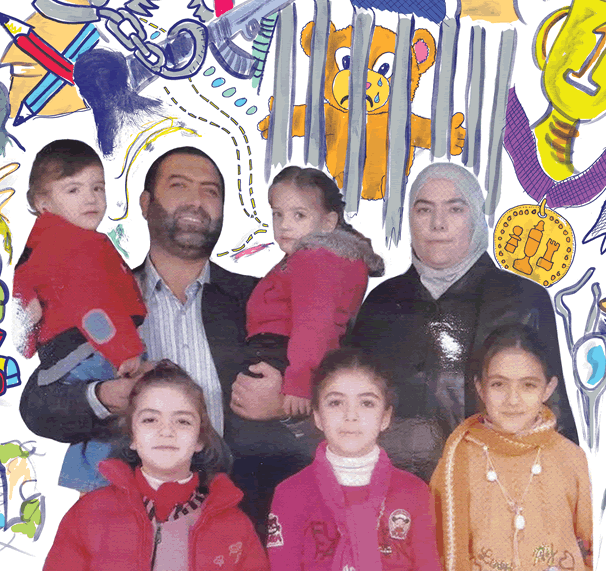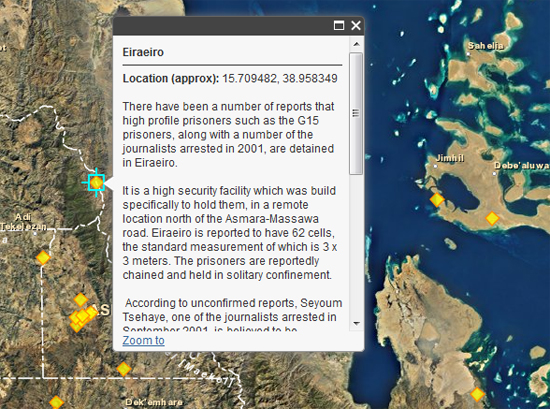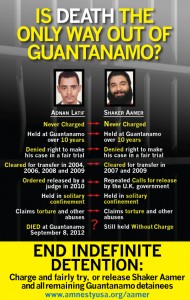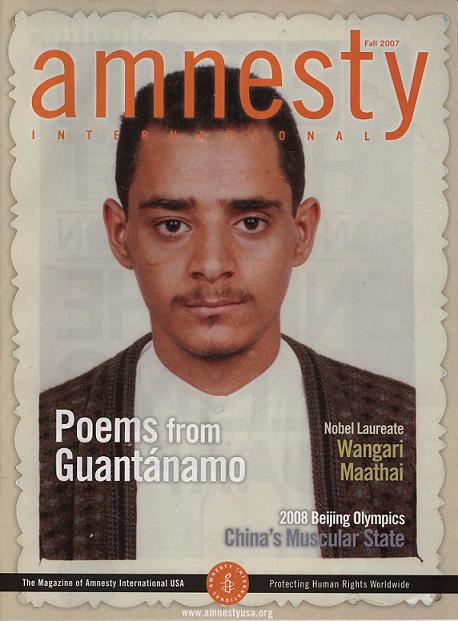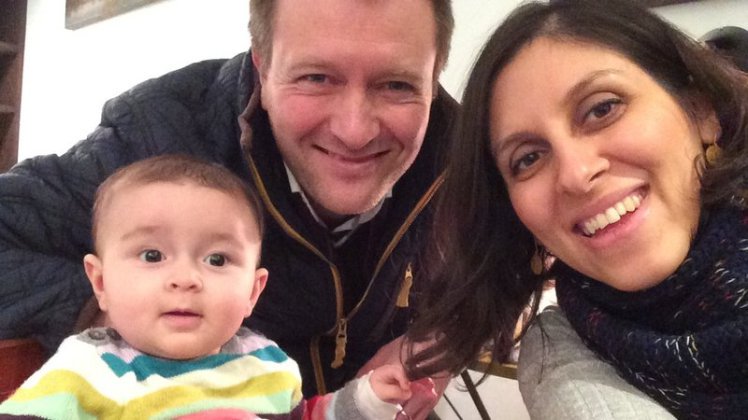
Nazanin Zaghari-Ratcliffe with husband Richard and their daughter Gabriella.
By Kaitlyn O’Shaughnessy
At any one time, there are around 10 million people in prison worldwide. Of these, an estimated 3.2 million haven’t yet had a trial. International human rights law prohibits arbitrary detention—detention that occurs for no legitimate reason or without legal process—and requires fair and independent public hearings to determine rights and obligations related to criminal charges.
Article 9 of the Universal Declaration of Human Rights enshrines every individual’s right to be free from arbitrary arrest, detention, or exile, while Article 10 enshrines an individual’s right to a fair and public hearing by an independent and impartial tribunal when faced with criminal charges.
A recent uptick in arrests of dual nationals by Iranian authorities serves as a reminder that constant vigilance is required to ensure freedom from arbitrary detention and fair trial rights are respected worldwide. SEE THE REST OF THIS POST
